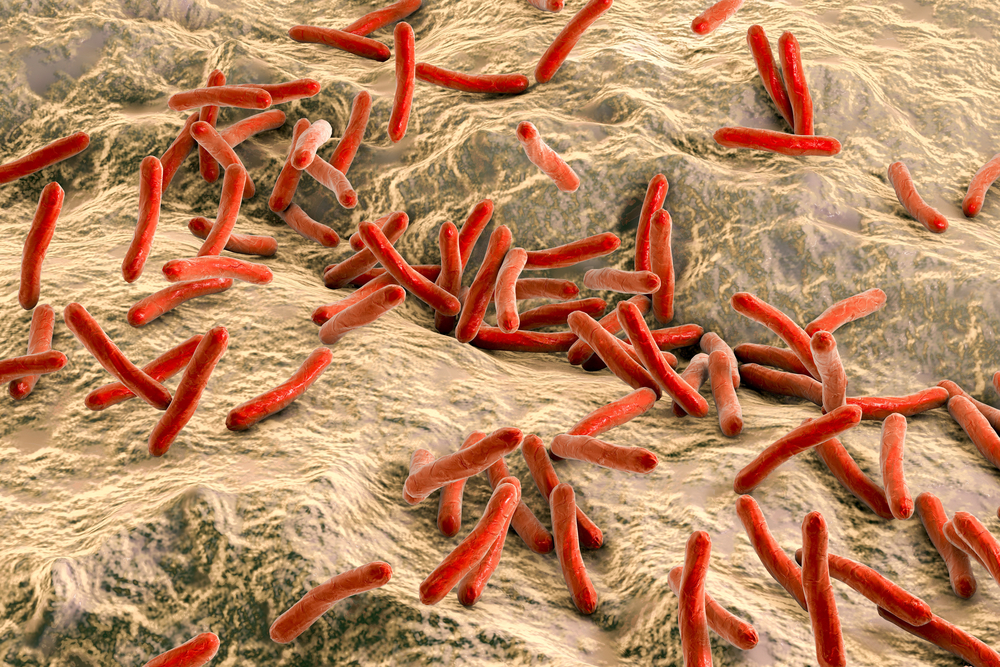Acne-Causing Bacteria May Be the Villain in Sarcoidosis

A screening of bacterial species found in the lymph nodes of people with sarcoidosis confirms that bacteria, known to cause acne, likely are involved in the development of the condition.
Researchers reported that the bacterium, known as Propionibacterium acnes, was found in patients with sarcoidosis, but not in those with tuberculosis or non-infectious lung diseases. More studies are now needed to understand how the bacteria, which normally reside on the skin, end up causing sarcoidosis.
The study, “High throughput 16SrRNA gene sequencing reveals the correlation between Propionibacterium acnes and sarcoidosis,” was published in the journal Respiratory Research.
Earlier studies have found evidence both supporting and rejecting the idea that P. acnes may be involved in sarcoidosis. But since most previous studies focused on one, or a few, bacterial species, researchers at Shanghai Pulmonary Hospital and Tongji University School of Medicine in China figured that a better approach would be to analyze the presence of a large number of bacterial species.
To achieve this, the team made use of a gene that exists only in bacteria, the 16SrRNA gene. Its sequence differs between various species, so it also can be used for identifying bacterial types when a large collection of different species are present.
The study enrolled 17 sarcoidosis, eight tuberculosis, and 11 patients with other lung diseases. The gene sequencing analysis revealed 545 different bacterial species among the patients. The team then set out to compare the relative numbers of the different bacteria, and found 67 types that were found in either higher or lower numbers in sarcoidosis patients compared to the other groups analyzed.
Among the bacteria found, P. acnes stood out. It was found in all sarcoidosis patients, but in none of the other study participants. Another type of propionibacteria was found in five of the 17 sarcoidosis patients, but was not detected in the other patients.
Although the abundance of other bacteria differed between the groups, no other species was found only among people with sarcoidosis. Also, differences in bacterial species that had been proposed to drive sarcoidosis, including mycobacteria and chlamydia, were found not to be statistically different in this study.
The research team is now collecting tissue samples from patients at different disease stages to better understand how the bacterial profiles develop over time.






